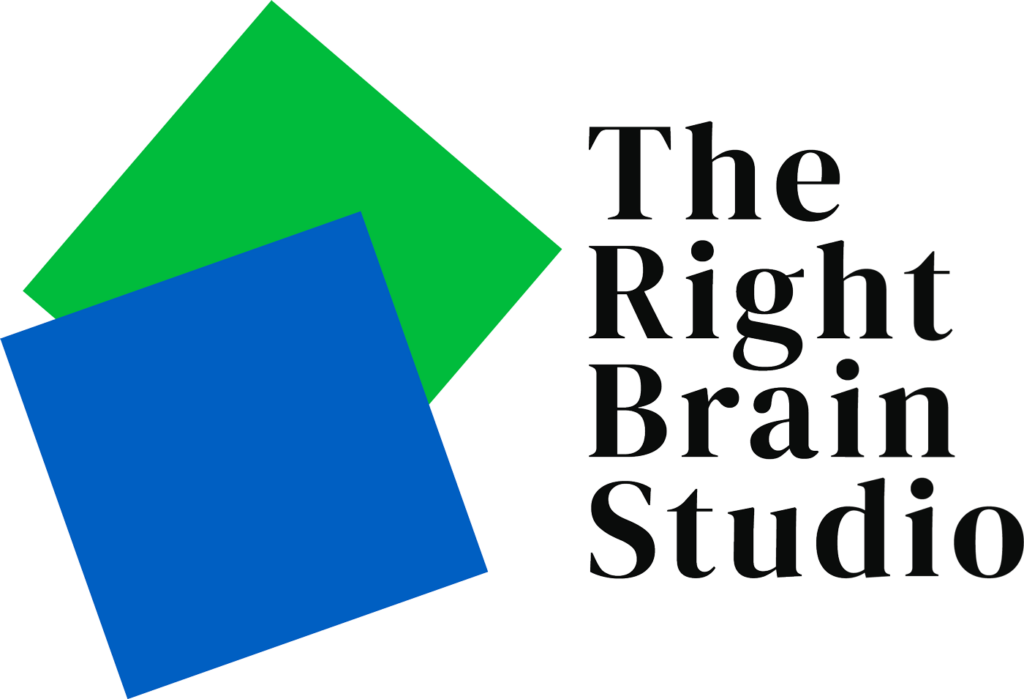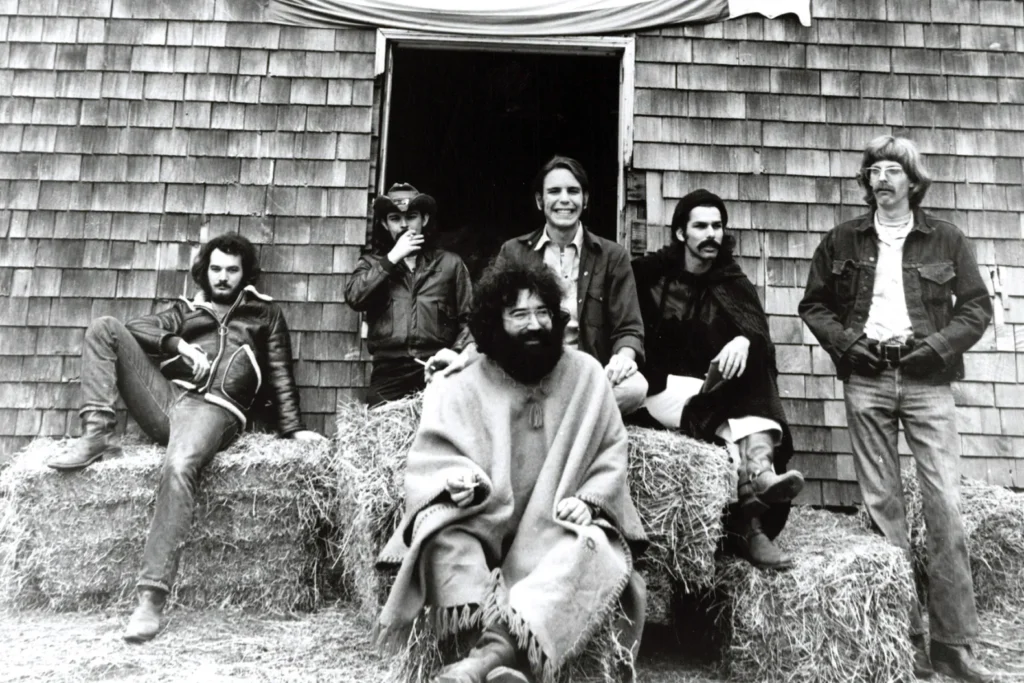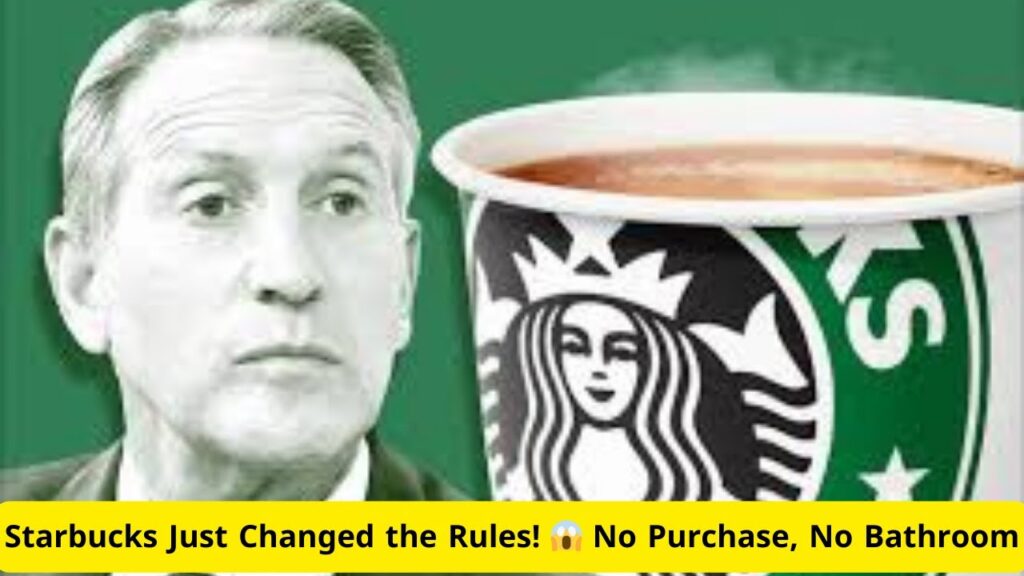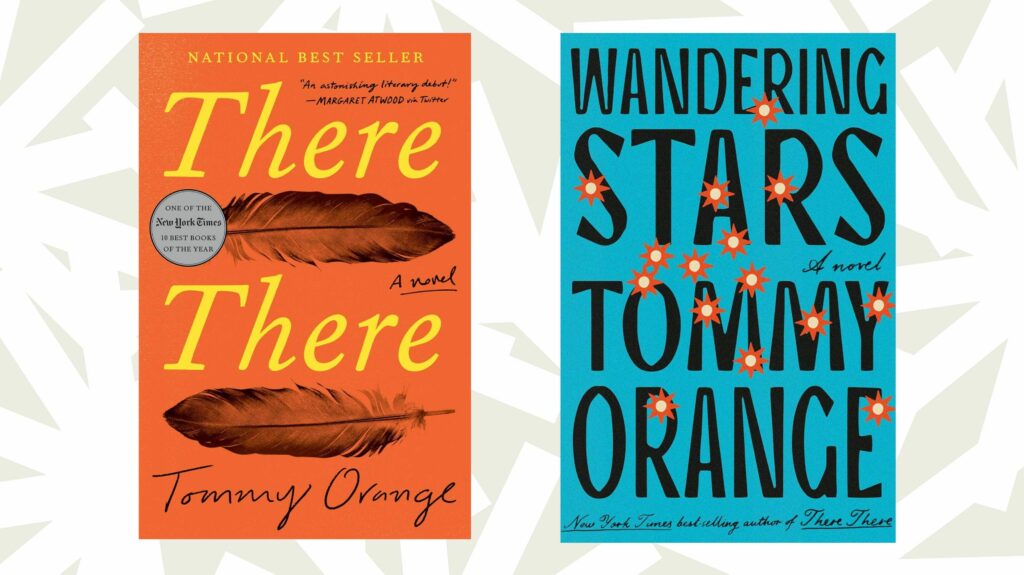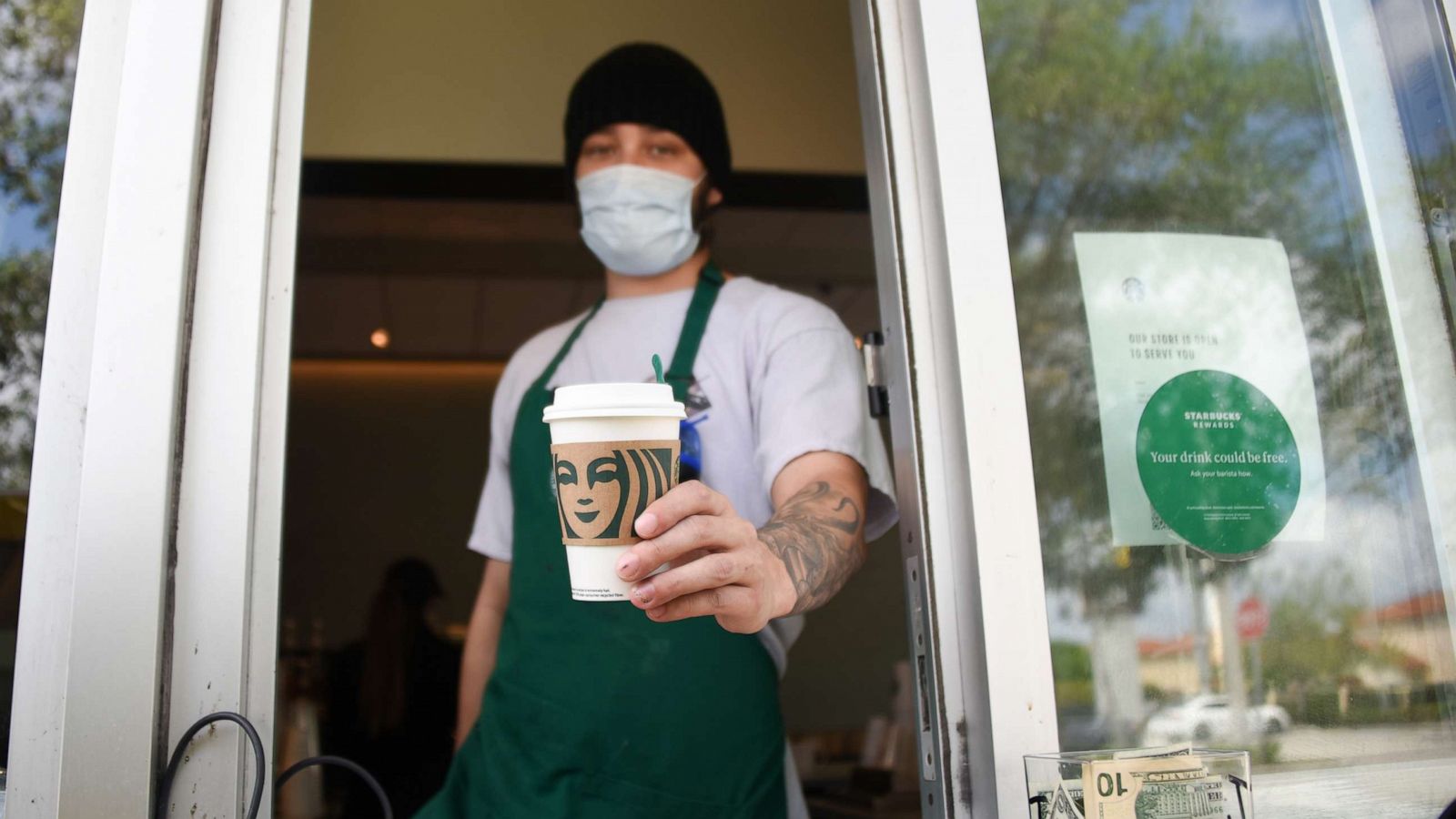
How important is the very premise upon which your business was founded? The underlying foundation upon which you became successful in the first place?
There was a time when this question, rhetorical by its very nature, needed no response.
At the Right Brain Studio, we put a good deal of time and effort into helping our clients identify their transcendent purpose in the world. One of the very first questions we ask is, “What do you make?” The answer cannot include mention of the product or category and must ladder up to a higher value. So Disney doesn’t sell theme parks and movies. They sell magic. Apple doesn’t sell phones and computers. They sell creativity and status. And Starbucks doesn’t make coffee, they make community.
Until now, that is. The Wall Street Journal reports:
Starbucks said… that it plans to close, renovate or move 400 traditional cafes in the U.S. and Canada in the next 18 months. For every store that is closed, at least one alternative location will open, executives said. The company said it aims to open 40 to 50 pickup-only stores in the next year-and-a-half. Starbucks owns about 10,000 stores in its Americas division, which includes the U.S. and Canada.
Maybe they do make coffee after all.
The question becomes, can Starbucks continue to thrive as it abandons its founding principle? The WSJ goes on to say:
Starbucks supercharged the establishment of coffee shops across the country that aimed to be a “third place,” where people could commune outside home and work. But in recent years many consumers migrated toward takeaway orders, and the company was planning to change to some smaller store footprints over the next three to five years.
With the pandemic putting the reality of live and in-person community on hold for now, replacing full-service stores with pick-up only locations makes imminent sense. The company steps up to meet a consumer need while saving significantly on rent. But what about the long term? Are they saving a few bucks at the expense of tearing down the foundations of their brand? Won’t there be pent up demand for live, real-time human interaction when this is all over? Don’t we all crave the freedom to hang out with close friends, casual acquaintances, family and business associates, to be there in the moment, shake hands or hug when we see them and break bread without fear of becoming mortally ill?
The move seems destined to foster perceptions of Starbucks as even more generic than it has already become. When I started my career working in a New York City ad agency, in the ancient and unimaginable pre-Starbucks era, coffee was just coffee. After getting off the train, bus or subway to walk to their offices, New Yorkers would line up at the closest deli to their offices to order “a regular coffee” (milk, no sugar) and a muffin (corn or bran) or a bagel. It tasted good enough and provide the needed stimulation to start your day.
As Starbucks grew into the major force it is now, moving into what is seemingly every single block of New York City, it couldn’t help but become less special and more generic. Now they will accelerate that process by becoming the next iteration of the New York deli, though with higher quality and at a more expensive price point.
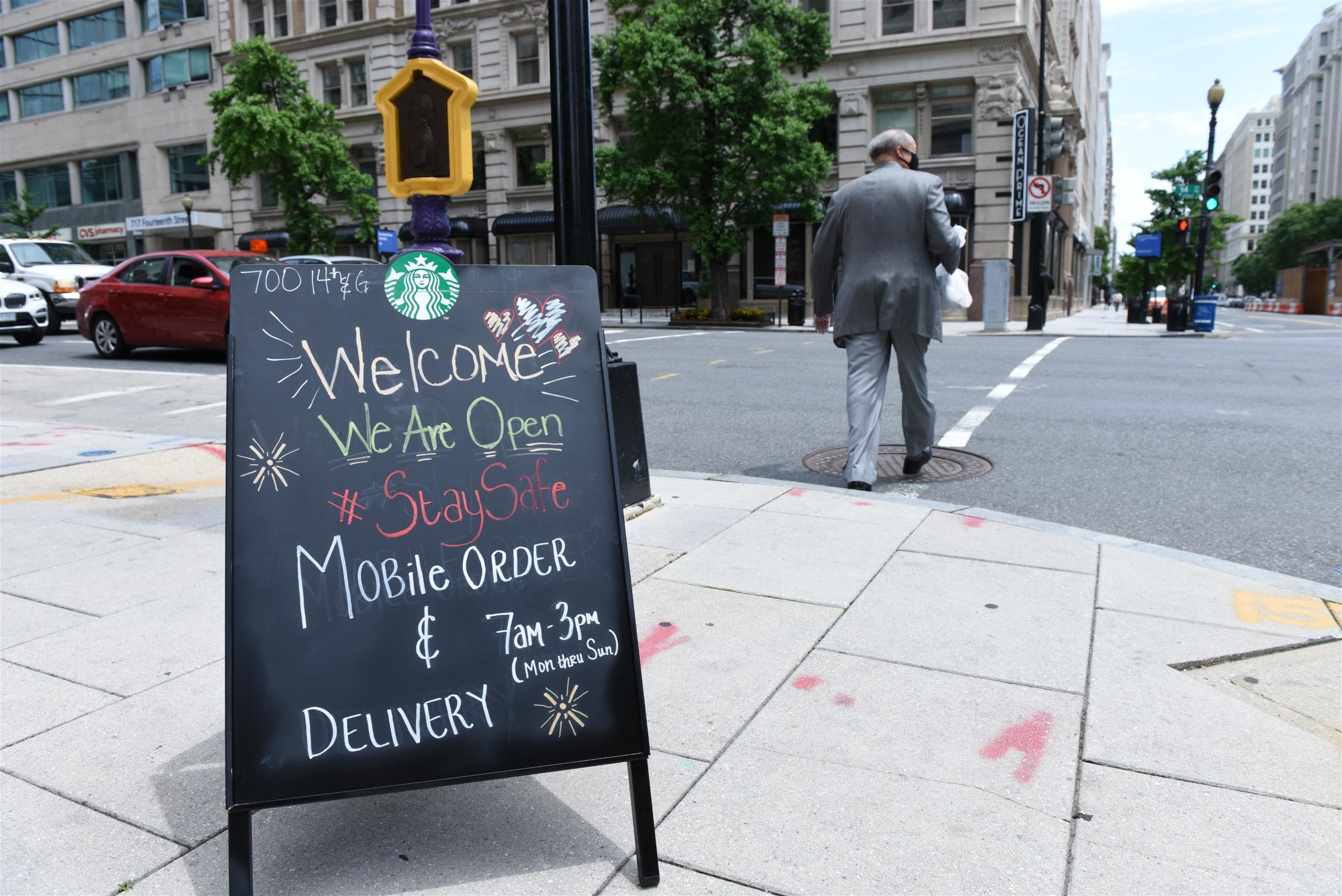
Huge, huge mistake, right?
Maybe not. While “Brand Purpose” is by no means new, it has become the marketing mantra of the past several years. I lean heavily on Jim Stengel’s book “Grow,” teaching it in my branding class at USC and incorporating its lessons into my client work. Stengel claims in the book that companies and brands who are dedicated to a transcendent purpose outperform brands that don’t by wide margins.
And while the book is still relatively recent, it strongly implies a timelessness to that brand purpose. That is, once you’ve established your brand principle, don’t mess with it.
I was a firm believer in this concept, but my faith in long-held branding principles has been eroding. Not that the world was ever stable, but the massive, disruptive changes brought about by technology, combined with intense political and social unrest, are changing the situation on the ground more rapidly than ever. Yesterday, community was important. Today, it’s a quaint memory and a hope for the future.
This isn’t a time for brand purists, and I’m not sure that the future will be any more accommodating to the lessons of “classic” marketing. Starbucks is smart to pivot to a business model that will work for at least the next year. Will our collective memory of Starbucks community vanish in that time? Doubtful. The brand is strongly etched into our collective consciousness.
After a year of worrying about illness, death, toxic politics and social upheaval, it doesn’t seem that consumers will even be thinking about a Starbucks pivot. This comes with the caveat, however, if the brand continues its shift toward grab-and-go, consumers will eventually notice.
When there’s a vaccine for the coronavirus, hopefully before next summer, the company can survey the environment and pivot back if it so chooses. Easy enough to invite people back into their stores and pick up as if nothing had happened, social and cultural conditions permitting. Better yet for Starbucks, rents should be a lot cheaper when they are ready to start building the old-style “drink it here, hang out, read, socialize or do your work” units again.
None of this is to say that brands don’t need to exercise great caution when they start to tinker with values that have been established over years or decades. But in order to survive and prosper, we must adapt. The old rules become less and less relevant by the day.
